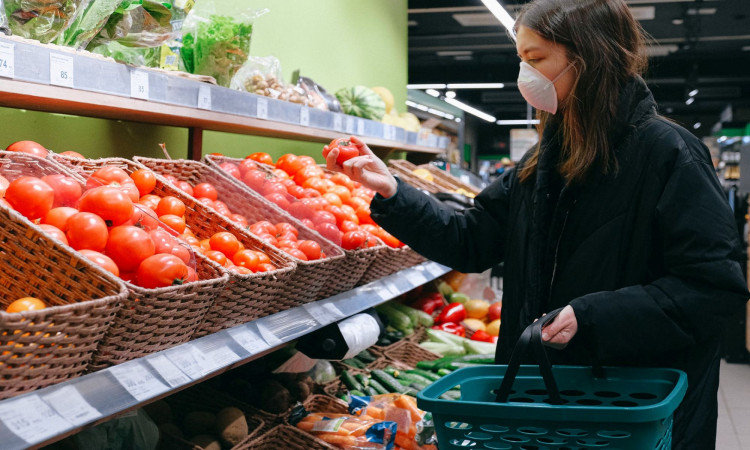In a move that has garnered significant attention, California Governor Gavin Newsom has approved legislation banning the manufacture, sale, and distribution of four additives found in a myriad of food products. This decision, which has been dubbed the "Skittles ban" by some, has led to confusion and concern among consumers and industry stakeholders alike.
The "Skittles Ban" Misconception
The legislation, which misleadingly became known as the "Skittles ban," was initially believed to result in the popular candy disappearing from California's shelves. This misconception arose due to the inclusion of titanium dioxide, an ingredient in Skittles, in the initial draft of the bill. However, titanium dioxide was eventually dropped from the ban, ensuring that Skittles remained unaffected. In fact, Skittles don't contain any of the four banned ingredients: brominated vegetable oil, potassium bromate, propylparaben, and red dye No. 3.
Jesse Gabriel, a Democratic assembly member from Woodland Hills, California, introduced the legislation, known as Assembly Bill (AB) 418. This bill aimed to prohibit the sale of processed foods in California containing certain chemicals deemed dangerous and toxic. Despite the bill's serious implications, it quickly became colloquially known as the "Skittles ban."
In response to the bill, Mars, the makers of Skittles, directed inquiries to the National Confectioners Association. The Association expressed strong opposition to AB418, emphasizing that the ingredients listed in the bill have been approved by the U.S. Food and Drug Administration (FDA) and that food safety remains a top priority for U.S. confectionery companies.
The Broader Implications
The legislation, which won't take effect until 2027, bans the use of certain chemicals commonly found in products like shampoos, conditioners, hairsprays, dyes, hygiene products, foundations, primers, lotions, fragrances, and more. The Environmental Working Group estimates that up to 12,000 products could be impacted by AB418.
The chemicals in question, including red dye No. 3, bromated vegetable oil, potassium bromate, and propyl paraben, have been associated with various health concerns, including cancer risk and hyperactivity in children. Notably, many of these chemicals are already prohibited or restricted in Europe.
The decision by California, which boasts the largest economy in the United States and the fifth largest globally, could have ripple effects across the nation. Given the state's significant market influence, manufacturers might opt to adjust their product formulations nationwide rather than produce separate versions for California.
A Call for Safer Ingredients
Assemblymember Laura Friedman, who introduced the bill, emphasized the need for non-toxic personal care products and cosmetics. She highlighted the discrepancy between the U.S. and the European Union, where almost 2,000 chemicals are prohibited in personal care products. Friedman's goal is to encourage companies to modify their recipes to exclude harmful chemicals, mirroring changes already implemented in regions where these chemicals are banned.
While the legislation has been celebrated by some as a significant step towards consumer safety, it has also faced criticism. The National Confectioners Association accused California of making decisions based on soundbites rather than science. They argued that the state's decision could undermine consumer confidence and lead to confusion around food safety.
In conclusion, while the "Skittles ban" may have been a misnomer, the legislation's broader implications for consumer safety and industry practices cannot be understated. As manufacturers grapple with the potential need to reformulate their products, consumers will be watching closely to see how these changes impact their favorite goods.




